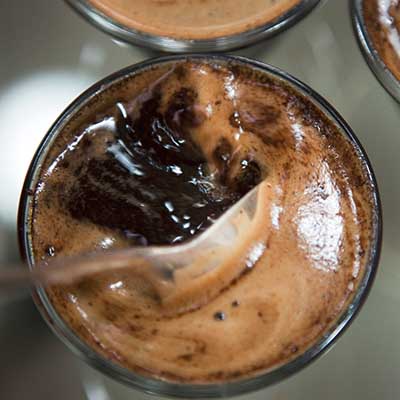
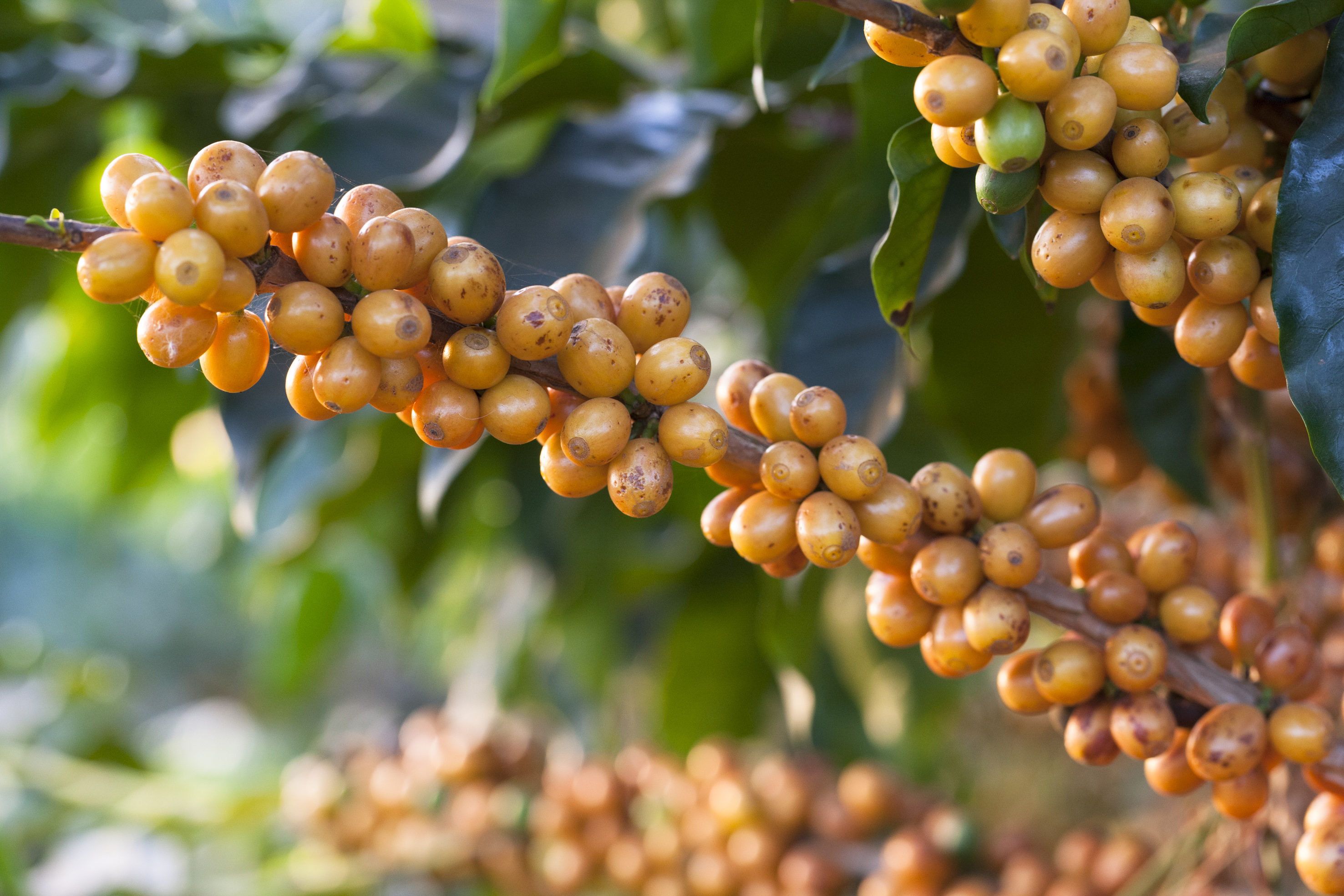
Program
- Future Landscape of Multiple Coffee
Species:
Addressing "Robusta" (Canephora) Reputation, but also Racemosa, Stenophylla and other Candidate Species in the Context of Nagoya Protocol
- Land Use and Coffee Farming Systems:
Deforestation Policies, and Innovations in Coffee Fermentation and Processing Technologies
- Advancements in Coffee Preparation and
Business:
A Journey from Roasting to the Perfect Café Crème
- Coffee and Health:
Exploring the Nutritional Impacts, Benefits, and Health Claim Substantiation
- Sustainable Utilization of Coffee
By-Products:
Challenges and Opportunities
Stay tuned for the opening of the abstract submission portal and detailed instructions.
We look forward to your valuable contributions that will shape the future of coffee research and industry practices.
What´s the topic
Real, science-based, sustainable solutions to the coffee industry's challenges presented for and by coffee industry experts (farmers, roasters, traders, machine manufacturers, coffee professionals, horeca).
Aims:
- The International Coffee Convention is aimed at all those involved in the coffee industry, including farmers,
roasters, traders, coffee machine manufacturers and professionals. - Together with experts and colleagues, our aim is to identify challenges and offer solutions for the coffee industry.
- It is time for real, science-based, sustainable solutions to the coffee industry's challenges.
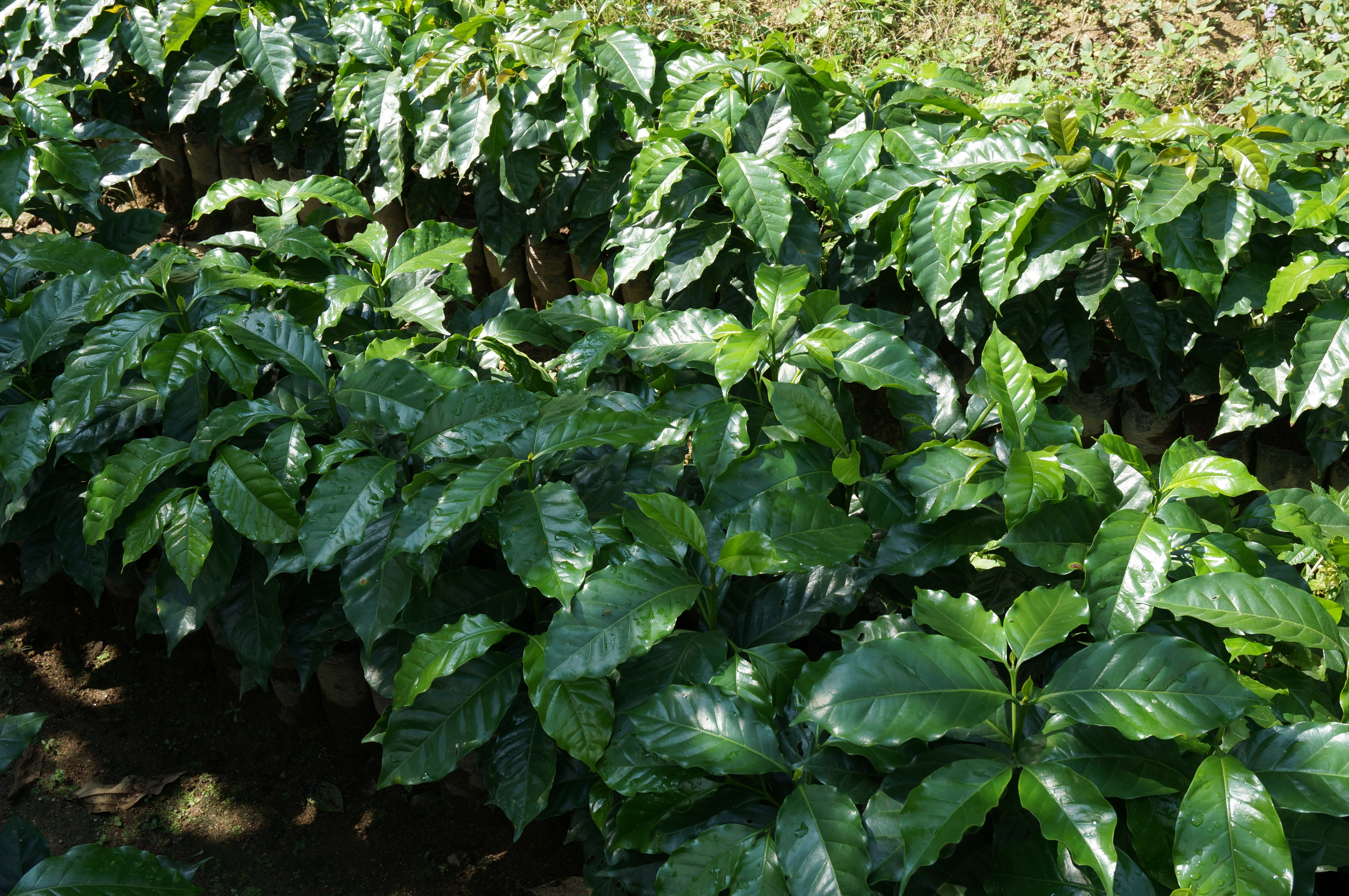
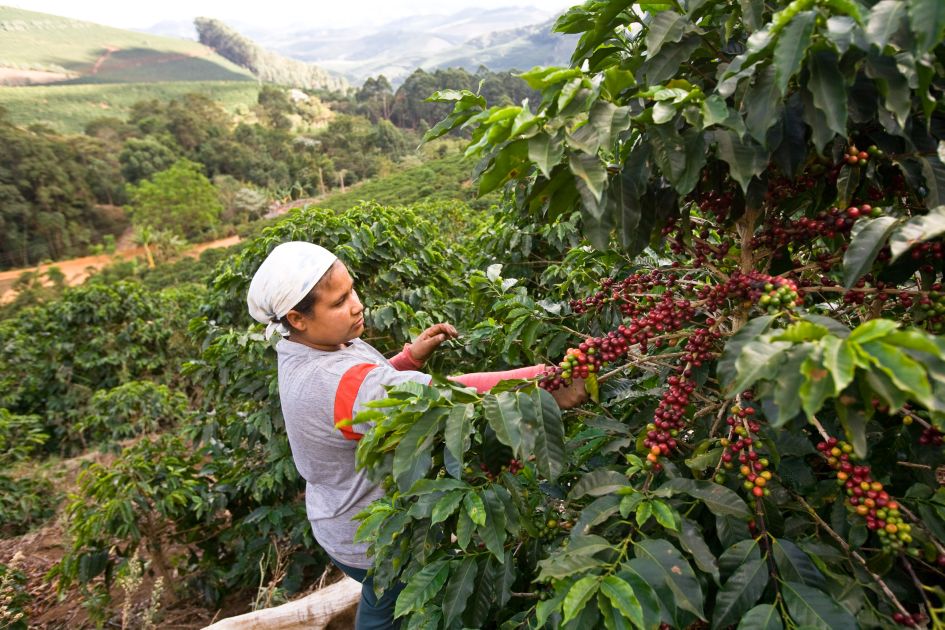
Scope:
- The world is changing. The coffee industry is facing major challenges, largely driven by climate change, changing consumer habits, sustainability and digitalisation.
- As an industry, we need to find answers to how coffee can be produced sustainably in the future.
- Without true sustainability, there will be no future for coffee farmers - and without adaptation to climate change, there will be no coffee farming.
- Scientists and practitioners from around the world and across disciplines will present the latest findings on climate change, sustainable agriculture, consumer habits and digitalisation, as well as solutions and best practices that can be applied.
Benefits / Why participate
- Learn about the status quo of the coffee industry and how you can actively contribute to a modern and sustainable coffee future.
- Join a unique, high-profile event in Mannheim to learn, discuss and contribute with leading experts and colleagues.
- Get answers and hands-on solutions to the coffee industry's current and future challenges.
- Based on cutting-edge science and research, you will learn about state-of-the-art approaches and practical solutions for the cultivation, trade, processing, and preparation of coffee.
- Get a summary of all keynotes and video-on-demand access to all presentations.
- Opportunity to publish your abstract in an MDPI Biology and Life Sciences Forum special issue.
- The chance to win the Kaldi Awards for scientific work in the field of coffee science
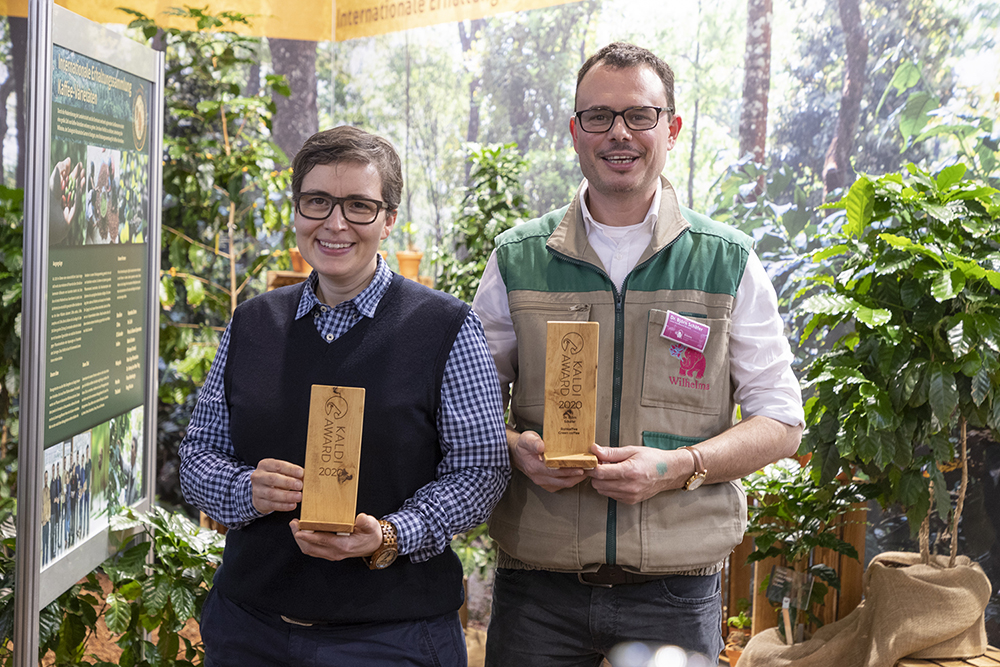
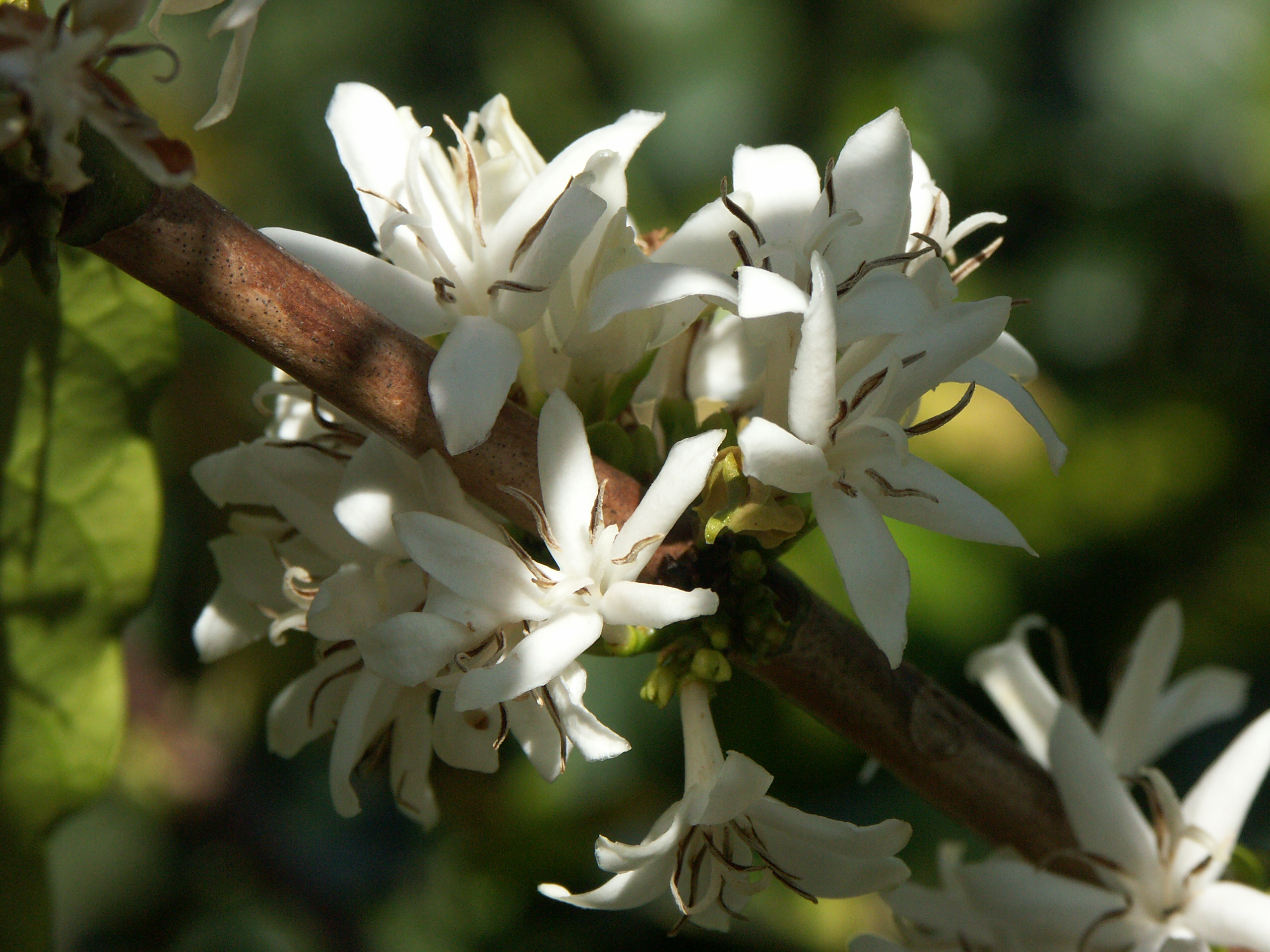
Topics and Questions
- What is the future of coffee growing in the face of climate change?
- What is biodiversity and how can it help to make farming more sustainable?
- How will the industry need to adapt to changing consumer behaviour?
- How can coffee cultivation be made truly sustainable?
- What do coffee by-products, production and processing mean for sustainability?
- What are the solutions for producing coffee by-products in the short term?
- What is the current status of novel food regulation and what are the implications for industry and trade?

















